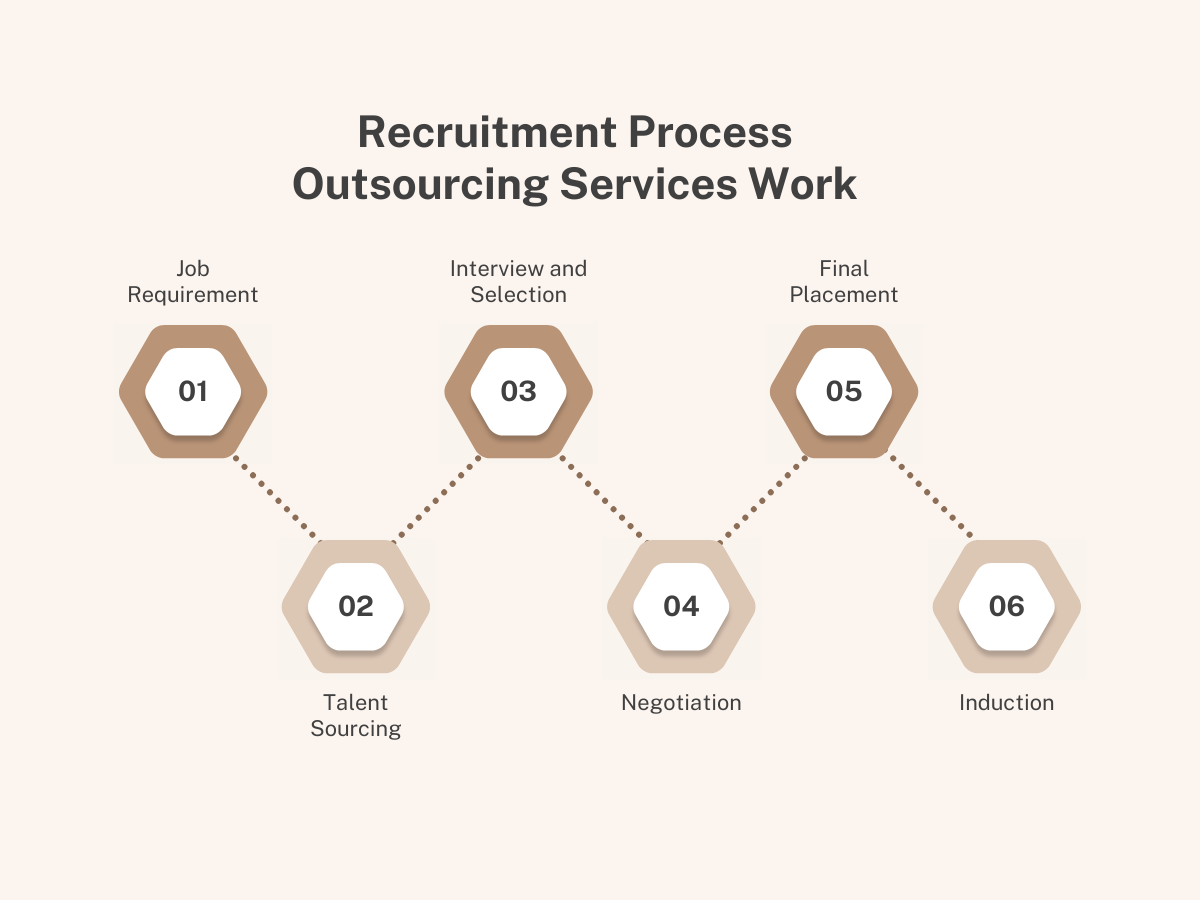Recruitment Process Outsourcing (RPO) services involve outsourcing part or all of an organization’s recruitment processes to an external service provider. In Aurora, Colorado, RPO services work similarly to other regions, but here are some key points about how it operates in this area:
- RPO providers in Aurora typically have dedicated teams that handle various aspects of the recruitment lifecycle, such as sourcing candidates, screening resumes, conducting interviews, and coordinating hiring processes for their clients.
- Many RPO companies in Aurora leverage advanced technology and tools, such as applicant tracking systems (ATS), candidate relationship management (CRM) software, and AI-powered resume screening tools, to streamline and optimize the recruitment process.
- RPO providers in the area often have access to a wide range of talent pools and databases, allowing them to source candidates more effectively for their clients’ open positions.
- RPO services in Aurora can be tailored to suit the specific needs of an organization, ranging from handling high-volume recruitment for entry-level positions to specialized executive-level hiring.
- According to a report by Grand View Research, the global RPO market size was valued at $5.9 billion in 2021 and is expected to grow at a compound annual growth rate (CAGR) of 16.2% from 2022 to 2030.
- In Aurora and the broader Denver metropolitan area, major RPO providers include companies like Randstad Sourceright, Korn Ferry, and Alexander Mann Solutions, among others.
- RPO services can offer cost savings for organizations in Aurora by reducing the need for an extensive internal recruitment team and leveraging the RPO provider’s economies of scale and expertise.
How to select recruitment process outsourcing company in aurora
When selecting a Recruitment Process Outsourcing (RPO) company in Aurora, Colorado, there are several key factors to consider to ensure you choose the right partner for your organization’s needs. Here are some steps and considerations to help you select the most suitable RPO company in Aurora:
- Define your recruitment needs: Clearly define your organization’s recruitment requirements, including the types of positions you need to fill, the volume of hiring, and any specific industry or technical expertise required. This will help you identify RPO companies that specialize in your specific areas of need.
- Research and shortlist providers: Conduct thorough research to identify RPO companies with a strong presence and positive reputation in the Aurora and Denver metropolitan area. You can start by searching online directories, industry associations, and seeking recommendations from your professional network or other local businesses.
- Evaluate expertise and experience: Assess the RPO company’s expertise and experience in your industry or niche. Look for providers that have successfully handled similar recruitment projects and have a deep understanding of the local talent market in Aurora.
- Review technology and recruitment processes: Evaluate the RPO company’s technology stack and recruitment processes. Ensure they use modern applicant tracking systems (ATS), candidate relationship management (CRM) tools, and advanced sourcing techniques to streamline the recruitment process.
- Check for compliance and legal expertise: Verify that the RPO company is well-versed in local labor laws, regulations, and compliance requirements specific to Aurora and Colorado. This will help mitigate legal risks and ensure a smooth recruitment process.
- Consider scalability and flexibility: Assess the RPO company’s ability to scale their services up or down based on your organization’s changing recruitment needs. Look for providers that offer flexible and customizable solutions.
- Evaluate cultural fit: Consider the RPO company’s culture and values to ensure they align with your organization’s principles and work environment. A good cultural fit can facilitate smoother collaboration and better candidate experiences.
- Request references and case studies: Ask for references and case studies from the RPO company’s current or past clients, particularly those in the Aurora area or similar industries. This will provide valuable insights into their performance and client satisfaction.
- Negotiate service level agreements (SLAs): Discuss and negotiate clear service level agreements (SLAs) that outline the RPO company’s responsibilities, performance metrics, and expectations for both parties.
- Consider costs and return on investment (ROI): Evaluate the RPO company’s pricing structure and potential return on investment (ROI) for your organization. While cost should not be the sole determining factor, it is essential to assess the overall value proposition and long-term cost savings.

